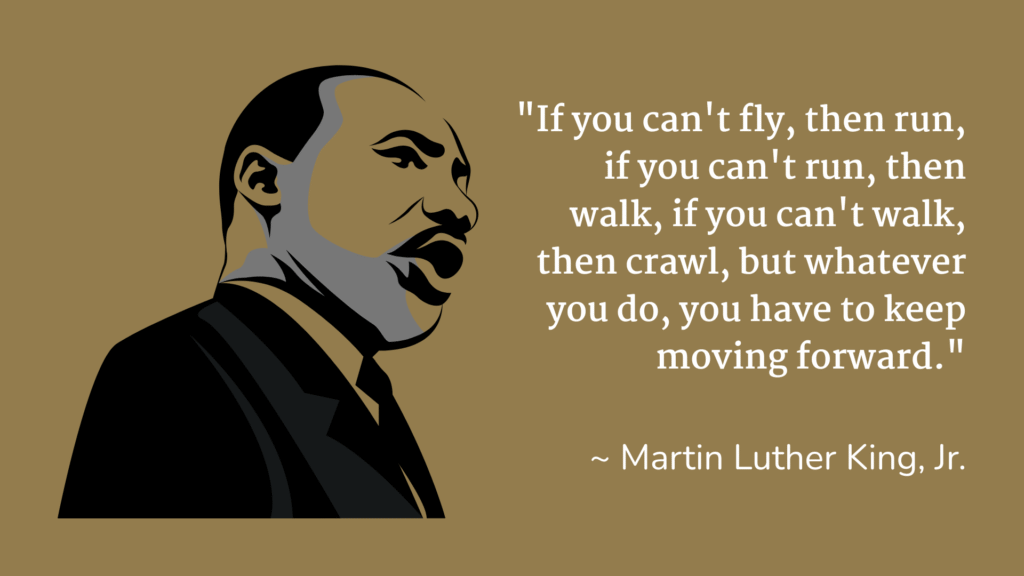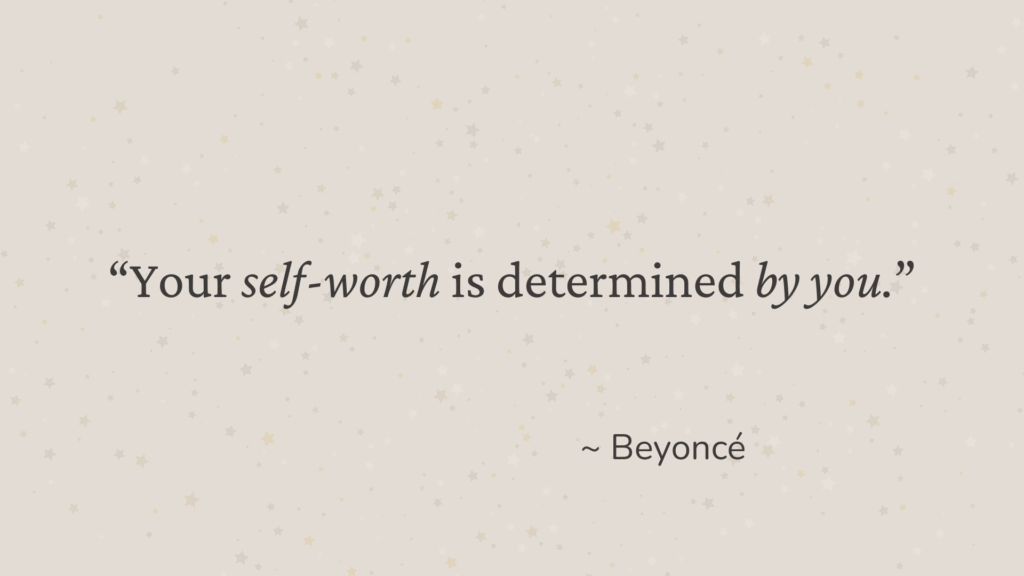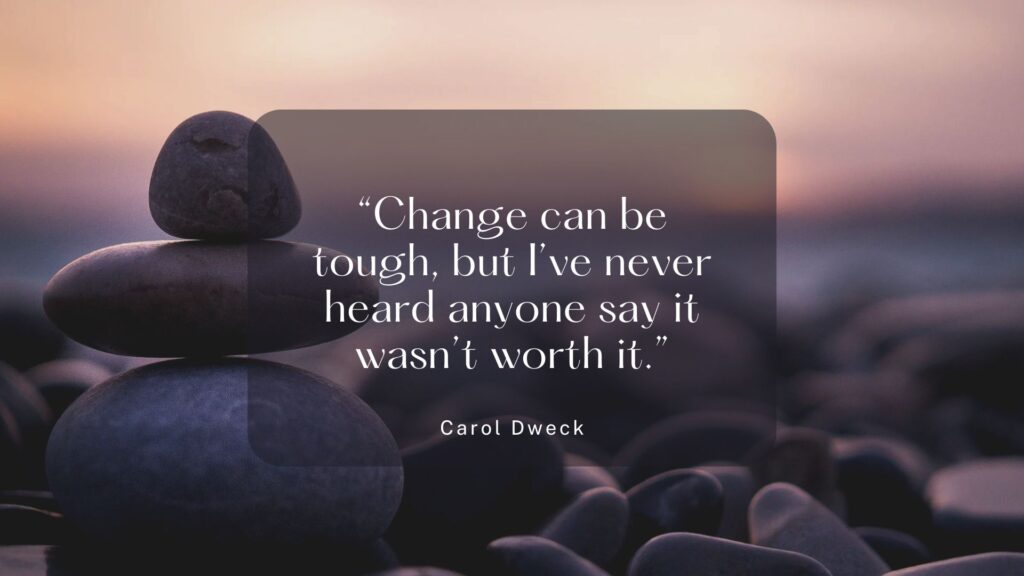4 Essential Components to Resilience and Personal Agency
In the workplace, we are constantly facing challenges, such as:
- A difficult boss or co-worker
- Unrealistic deadlines
- Lack of resources
- Not getting the promotion
- Layoffs and uncertainty
In today’s environment, especially in the Washington, DC region, many people are currently struggling to adapt to very challenging circumstances brought on by the blitz of downsizing and cost-cutting. And this is not limited to federal workers and contractors who have lost their jobs. The effects are trickling down, as private companies put plans for expenditure on hold due to uncertainty in the future.
Studies have shown that those with resilience are best able to cope with these kinds of challenges. The ability to face challenges, to get knocked down and pick yourself up and keep going will go a long way to making it through tough times. In her powerful book GRIT – The Power of Passion and Perseverance, Angela Duckworth shares her research on high-achievers and determines that they consistently have a combination of passion for their work and that they are unusually resilient and hardworking.
According to the American Psychological Association, resilience is “the process and outcome of successfully adapting to difficult or challenging life experiences.” Individuals who feel empowered to make decisions and take control of their lives tend to be more resilient in the face of setbacks. This capacity is known as personal agency.

Personal Agency
As leadership coaches, we often work with people who are discontented in their current circumstances. If they have experienced a significant event, such as being laid off, they are scared and angry about their lack of control. Often, they blame others—the government, the company, bosses, co-workers, clients, the younger/older generation, etc.
One of our responsibilities as their coach is to help them understand (and hopefully accept) what they can and cannot control. In other words, focus on their personal agency.
Agency is defined as a person’s capacity to act independently, make choices and shape their own lives, both in the world around them and in their own minds. It’s the power to initiate actions, exercise self-determination, and exert influence over their experiences.
According to a Psychology Today article by Thomas Bateman, D.B.A., there are four pillars of personal agency:
- Forethought: deciding to take on a challenge, thinking ahead, setting goals, and making plans.
- Implementation: taking first steps, enacting plans, and persisting toward success.
- Self-management: taking care of yourself, dealing with emotions and stress, and maintaining good health to sustain your efforts.
- Learning and adapting: monitoring progress, rethinking strategies and tactics, and making effective adjustments.
Let’s look at each of the pillars of personal agency
Forethought
“The way to get started is to quit talking and begin doing.” – Walt Disney
When you are facing a challenge, especially one as overwhelming as losing your job, it’s important not to panic. A key part of personal agency is understanding that you do have options.
Your first decision is to decide to move ahead. You need to think ahead to your ultimate goal and to work backwards to figure out the steps to reach your goal.
This is the time to open your mind to new opportunities.
For example:
- Do you have skills or experience that could open new possibilities for you?
- Can you move to a different city where your skill sets may be in demand?

Implementation
This is where you do the hard work—update your resume, reach out to your network, get additional training, and apply for new positions. Take time to review your experience, and make sure to take credit for all you have accomplished.
Resilience means you are not discouraged by your first rejection, that you keep going.
To achieve personal agency, you must be proactive.
Develop realistic intermediate goals and do something regularly—even if it seems like a small accomplishment—that enables you to move toward your ultimate goal.
Instead of focusing on tasks that seem unachievable, ask yourself, “What’s one thing I know I can accomplish today?”

Self-management
It is vitally important to take care of yourself during stressful times. Resilience includes taking care of your physical and emotional well-being.
This list of actions, compiled from resources from the American Psychological Association and the National Institutes of Health, is a summary of things you can do to manage yourself:
- Self-Awareness: Recognize and understand your emotions without judgment. This includes understanding how you react to stress and difficult situations.
- Self-Care: Prioritize your physical and mental well-being through activities like exercise, mindfulness practices, healthy eating habits, getting enough sleep, being with loved ones, having quiet time, and avoiding too much alcohol or stimulants.
- Stress Management: Develop effective strategies for managing stress, such as deep breathing, meditation, or yoga.
- Social Connections: Build and maintain strong relationships with friends, family, or community members for support.
- Growth Mindset: View setbacks as opportunities for learning and growth, rather than failures.
- Optimism: Maintain a positive outlook and focus on potential solutions rather than dwelling on negative aspects.
- Learning from the Past: Reflect on past experiences and how you coped with challenges to gain insights for future situations. Journaling may be helpful to gather your thoughts.
- Embrace Change: Be open to change and adapt to new situations, recognizing that change is a natural part of life.
- Set Boundaries: Protect your emotional energy by setting healthy boundaries. Practice being more assertive. If those around you are placing unrealistic demands, practice being able to say no.
- Seek Professional Support: Don’t hesitate to seek help from support groups, coaches, therapists, or counselors when needed.
- Keep things in perspective. Try to look at day-to-day issues from a broader perspective. Humor, a sense of purpose, love and giving to others, and other spiritual perspectives may also help.

Achieve Personal Agency by Learning and Adapting
Two essential components of personal agency and resilience are:
- A growth mindset: the belief that skills and competencies can be developed through effort and learning.
- Adaptability: the ability to adjust strategies and approaches based on feedback and changing circumstances.
In her groundbreaking book, Mindset: The New Psychology of Success, Carol Dweck presents strong evidence that an individual’s beliefs about their own intelligence and abilities significantly impact their learning behaviors and outcomes. A fixed mindset believes abilities are static, while a growth mindset believes they can be developed through effort and learning.
Working to develop a growth mindset enables you to see things in a different light. For example, instead of seeing the layoff as a failure, view it as a chance to reassess your career goals and explore new opportunities.
Adaptability goes hand-in-hand with a growth mindset. As you try new things, you may realize you need to expand your skill set and use this time to take courses, earn certifications, or develop new skills that make you more competitive in the job market.
You may need to adjust your expectations, or perhaps even your location. The more flexible you are with your requirements, the more opportunities may present themselves.
You Can Do This!
Understanding and accepting the things you can and cannot control is the first step in developing the personal agency that will allow you to be resilient to challenges in the workplace.
When these challenges arise, you have a decision to make: Are you going to look back with resignation, or look ahead with resilience? As with everything else in life, the decision is yours, but if you need a guiding hand, consider working with an executive leadership coach.
In addition to coaching for Winning Ways, Inc., Larry Beam is an ICF-certified executive leadership coach and registered professional engineer who draws from his experience in both these domains to partner with his clients to help develop themselves and transform their organizations. With over 20 years in senior leadership positions in engineering firms, his coaching strengths include helping technical leaders improve their people skills, such as communication, delegation, and empathy, and helping leaders balance vision and strategy with tactics and operations. Forward-thinking with an optimistic view of the future, Larry is passionate about helping leaders at all levels become the best possible version of themselves.

